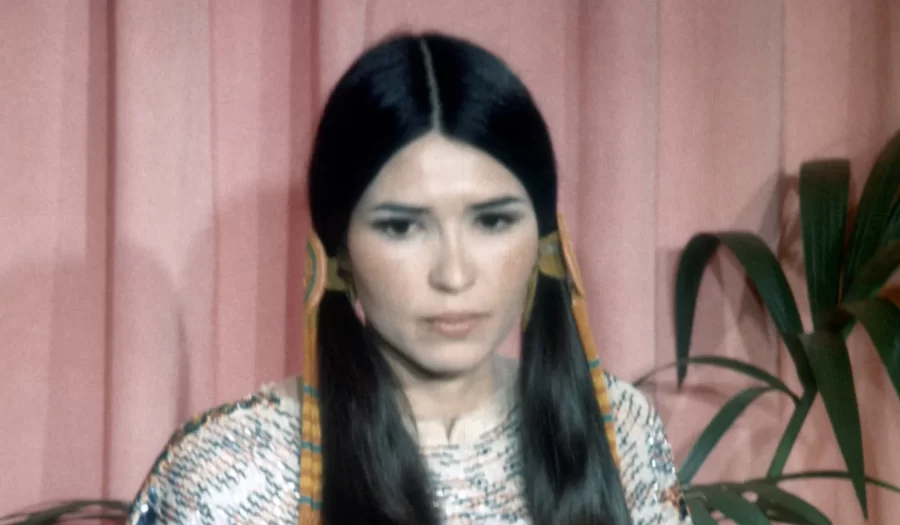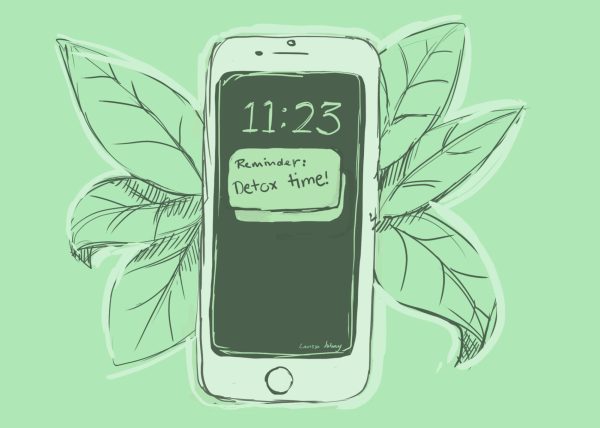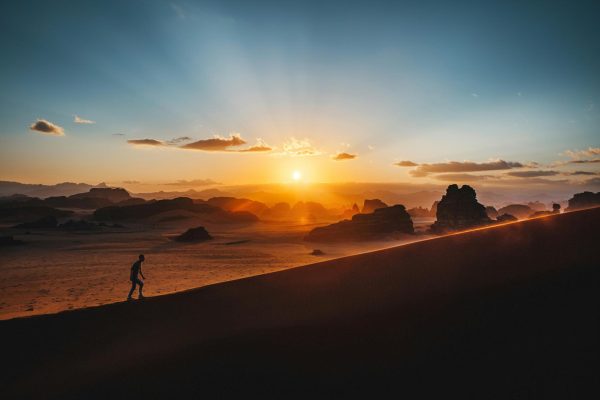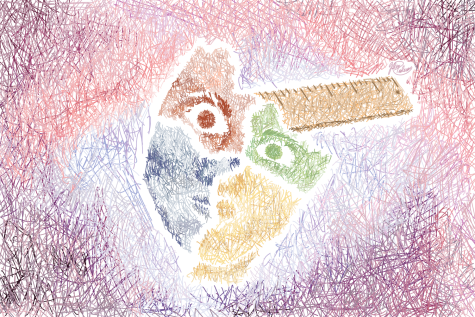Apology to Sacheen Littlefeather
Fifty years ago on March 27, 1973, Sacheen Littlefeather, an Apache and Yaqui actress and activist, declined an Academy Award for Best Actor on behalf of Marlon Brando for his lead role in The Godfather, because of the historic injustice and unequal treatment of Native Americans in film. Additionally, she brought attention to the ongoing standoff at Wounded Knee South Dakota, in which activists from the American Indian Movement occupied the town of Wounded Knee. That night, she faced physical threats, booing, racist gestures, and “war cries.” As a result of this speech, she not only had to face the emotional burden of influential people who opposed her stance but also the destruction of her career as an actress in Hollywood. In an interview with NPR Littlefeather describes some of the rumors that were spread about her including a story where one of her friends who worked at a Hollywood studio was told by the FBI, “that if we would ever hire you, they would shut us down, shut our production down.”
In June of 2022, nearly fifty years after the incident, the Academy of Motion Picture Arts and Sciences administered a formal apology to Sacheen Littlefeather for the abuse and emotional burden that Littlefeather had to endure as a result of her declining the award for Brando.
On September 17th Littlefeather was the guest of honor at an Academy event titled, “An Evening with Sacheen Littlefeather.” This event was proposed by the Academy as an evening of conversation, healing, and celebration. Its purpose was to find potential ways to improve the treatment of Native people in the film industry with a conversation with the co-chair of the Academy’s Indigenous Alliance, Bird Running Water (Cheyenne/ Mescalero Apache/ NM). The event began with a traditional dance featuring dancers from different tribes. Following this, they shared traditional and modern songs from different Indigenous nations. After the showing of the original 1973 speech and a conversation with Littlefeather about it, David Rubin, on behalf of the Academy, read the letter to the audience. Littlefeather discussed the obligation that she felt she had to address how Native people were treated in the media and how important it is to have Native storytellers tell their own stories.
The powerful statement that Littlefeather made in 1973 was in hopes of bringing attention to the misrepresentation and mistreatment of Native American people in the film industry at the time. For example, many of the Indigenous roles were given to non-indigenous people. In addition, Native men were mostly portrayed as bloodthirsty savages while Native women were blushing maidens. This is not only misrepresentation but also something that feeds into the stereotype of what a Native American person is supposed to look and act like. Even in the 21st century Native people have to deal with the characters and misrepresentations that the media presents to the world. For example, The Lone Ranger starred Johnny Depp, a non-Native American, who played the racist and stereotypical role of Tonto. Even in two of Disney’s most popular films Pochahontas and Peter Pan there are parts of the movie where Indigenous people are described as “savages” and “redskins.”
Media portrayals of Indigenous people include not only movies but also the naming of mascots that represent schools or even nationally known football teams like the Kansas City Chiefs, or the Washington Commanders who only changed their name from the Redskins in 2022 after years of pressure.
Although there has not always been proper representation I do believe that the movie industry is making strides to be more inclusive. This inclusiveness has grown not only to Native actors playing Native roles but also to having Native writers, directors, and producers being given the funds and platform to reach a broader audience. An example of this representation is the ongoing Hulu exclusive series Reservation Dogs which came out in August of 2021 and is a comedy starring four Native teenagers in rural Oklahoma who steal, rob, and save to get to California. Additionally, Hulu released a thriller drama movie called Prey in August of 2022 which stars a Comanche woman 300 years ago who confronts a highly evolved alien predator.
Although Hulu is attempting to make more accurate representations like Reservation Dogs there are still forms of misrepresentation that persist. Even within the example of Reservation Dogs, the spirit guide that appears to the character Bear is a warrior that died in the battle of the Little Bighorn and would have hardly any connection to where the show is set in Oklahoma. Even though it is a well-known battle it is not representative of Bear’s tribe or culture. This blending can sometimes cause people to think that all Native people can be lumped into a singular group of people and fail to recognize the difference between tribes, furthering the spread of misinformation. Overall, there is more work to be done within the media and the film industry to make sure that Native producers, actors, and actresses can convey their stories.
The apology to Sacheen Littlefeather, which was about 50 years overdue, is a step towards bettering the stereotypical image that has been put forth about Indigenous people for so long. Hollywood has begun to recognize and establish events and programs that address past fallacies and work towards healing them. Hopefully, this event will lead to people pointing out other racism within the industry and making efforts to change the narrative that has been told for so long.













Dean Jacoby • Oct 11, 2022 at 11:20 am
Thank you for such a comprehensive article. A recent article revealed that John Wayne was so upset at Littlefeather that he had to be physically restrained from assaulting her at the Academy Awards.
While quite old at this point, the documentary series “Reel Indians” has a very revealing take on Natives in film. The fascination with and misrepresentation of Natives seems to have started in the very birth of film.
Reservation Dogs is an exciting new production where the writers are all Native. Sterlin Harjo is the filmmaker behind the show–he has a very interesting podcast “The Cuts” where he talks to his friends who are Native creatives.
Ovitt • Sep 29, 2022 at 5:26 pm
Well done Zola. I vividly remember watching–maybe for the only time in my life–the Academy Awards, just to see what Marlon Brando, who loathed the Hollywood establishment, would do about the inconvenience of winning an award. And when Sacheen Littlefeather arrived on the stage to accept the award and call out the smug Hollywood elite (whose historic portrayal of Native peoples had been, up to that time and long after, nothing but disgraceful) and quietly asked for justice and equality for all people. Fifty years for an apology is about right in America. Maybe Leonard Peltier will be pardoned this year as well.
Stephanie Lipkowitz • Sep 29, 2022 at 4:09 pm
Excellent article and a very important topic. Thank you–I did not know anything about Sacheen Littlefeather or the incident in 1973.